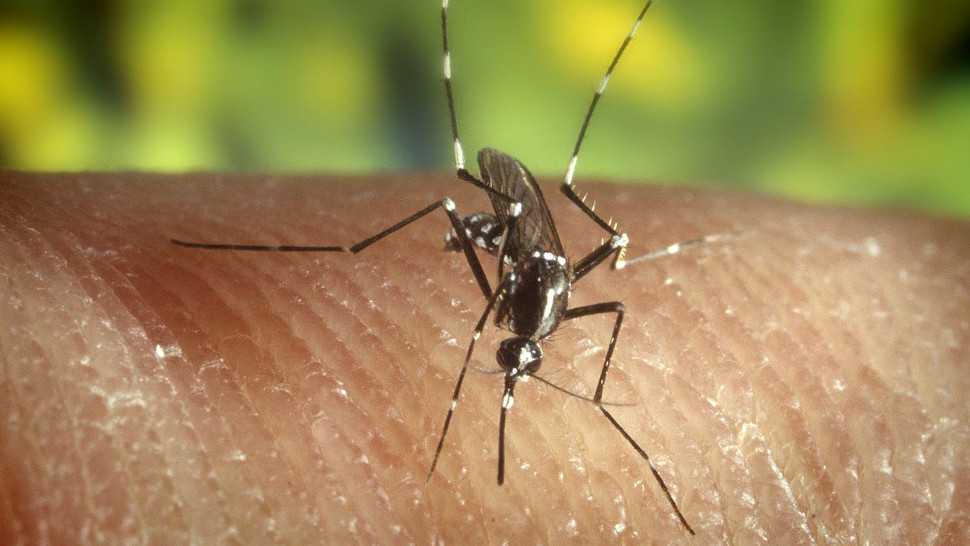A new study in the New England Journal of Medicine is bolstering a potential link between Zika and microcephaly, a rare birth defect in which babies are born with abnormally small heads.
Researchers from Slovenia discovered traces of Zika in the brain tissue of a foetus whose mother became infected with the virus during the 13th week of her pregnancy. The 25-year-old woman was working as a volunteer in northeastern Brazil at the time, but subsequently returned to Europe. Ultrasounds performed late in her pregnancy revealed a small foetal head and brain calcifications — abnormalities seen in other cases linked to Zika. After consulting with national and hospital ethics boards, the woman chose to abort the foetus.
An autopsy of the foetus uncovered particles of the Zika virus, along with a significant amount of viral genomic RNA in the brain but not in other organs. Aside from severe brain defects, the rest of the foetus was normal. The researchers were able to link the virus to a strain associated with a man from French Polynesia who is suspected of introducing the virus to Brazil in 2013. Importantly, no traces of other diseases were found (such as dengue or yellow fever), and there were no genetic syndromes or diseases in the mother’s family history.

James Gathany, CDC
The mosquito-borne disease is currently running rampant in parts of South America and the Caribbean, and it has been inconclusively linked to microcephaly. In mid-January, the US Centres for Disease Control and Prevention found traces of Zika in the placentas of two women who miscarried their babies, and in the brains of two newborns who died from complications arising from microcephaly. It wasn’t definitive proof that the virus is causing the birth defects, but it bolstered the case. The latest findings are similar. But like the CDC study, it’s not the smoking gun scientists are looking for.
“The findings of this case report do not provide absolute proof that Zika virus causes microcephaly,” noted Eric J. Rubin in a NEJM editorial, but it “makes the link stronger.”
He added that it’s going to be difficult for researchers to make a definitive association. Until more is known, pregnant women are being advised to take precautions, along with their sex partners.
[NEJM]
Top image: Getty
